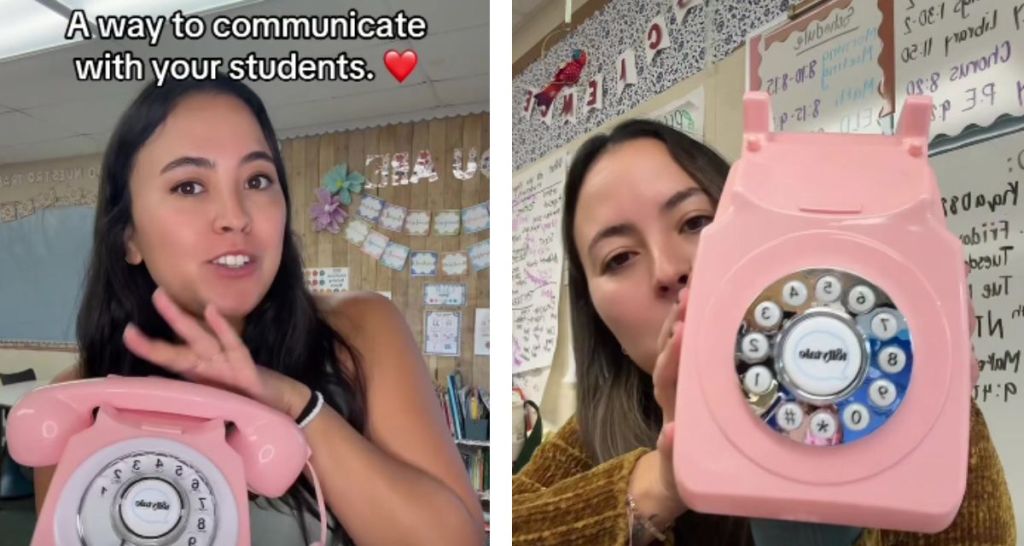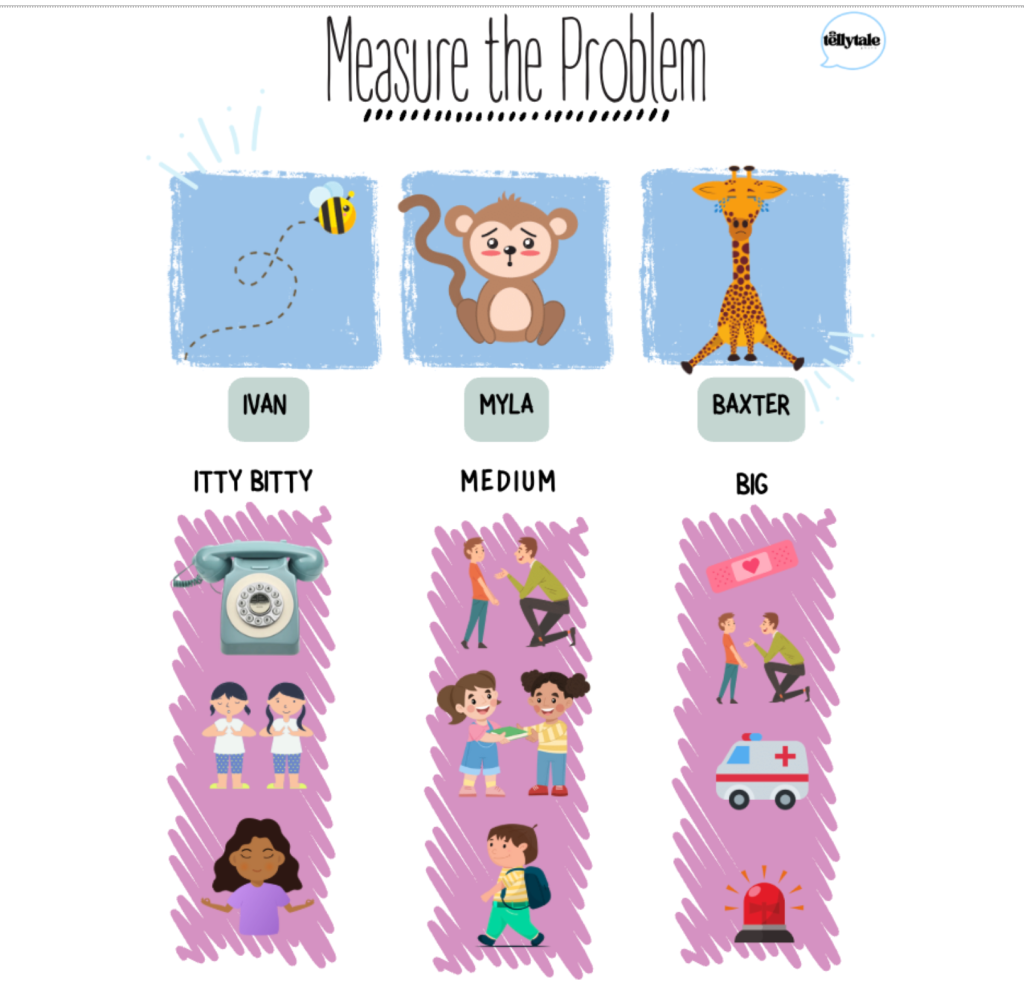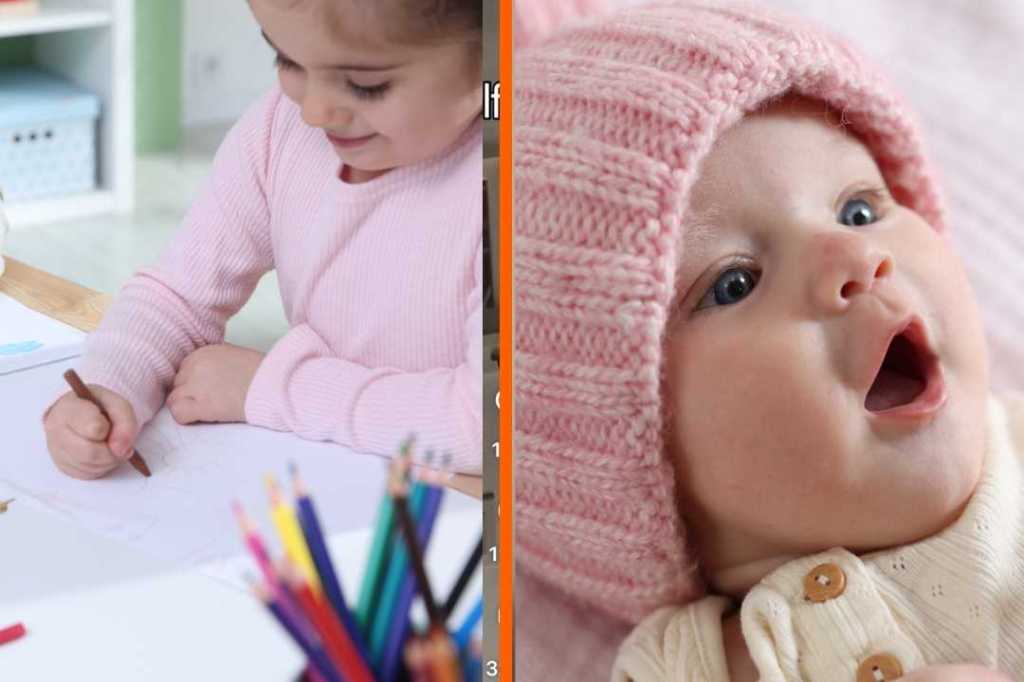Kindergarten through 12th grade teachers and college professors have heard every excuse in the book. Whether it’s a third grader claiming their “dog ate my homework” or a college freshman claiming their grandmother died to get out of a test, they’ve heard it all a billion times.
A college professor once listed the top 21 excuses he’s heard from his students. Here are the top five:
5. “It’s the last week of the semester.”
4. “It’s St. Patrick’s Day or 4/20”
3. “Our other teacher held us back.”
2. “My timetable showed the class was canceled.”
1. “I’m taking a vacation.”
Yes, some students actually say they didn’t do their work because of a holiday predicated on drinking or getting stoned and others have the audacity to say, “Hey! I needed a vacation.” After spending week after week fielding excuses, there’s a good reason why most educators are skeptical when they hear one from their students.
But every once in a while, an excuse that seems way too improbable to be believed actually is true.
Reddit user u/minecraftplayer48 asked the teachers of Reddit to share the “best excuse for being late that turned out to be true” and the stories were all pretty great. But it wasn’t only teachers who chimed in; a lot of people shared stories from when they were students and had an excuse that was so crazy they didn’t think anyone would believe them.
Here are 17 of the best excuses for being late that were actually true.
1. Revenge of the torque wrench
“My auto teacher let me practice removing and adding the tires on his vehicle. The next morning it was about 20 minutes into first period and no sign of him. He comes running into the classroom out of breath and his hair is all messed up. He points at me and says ‘YOU!!!! What is a torque wrench used for???’ I respond with “I don’t know.” He says ‘ I know you don’t know!!!” Turns out one of his tires came off while driving down the highway.” — ethnicjello
2. Mom wanted to sleep in
“She had to take her sister to school and drive her mom to rehab. She was always late to class because her mom just wanted to sleep in. Problem was if the mom was late or did not go she would have violated her probation and gone to prison. I never marked her late. If she missed anything important she could come in at lunch or after school to make it up.” — RM156
3. “That was you?”
“Student here, I headed into school early to get some studying done in the library before my night class. I was one exit away when I was caught in a 3 car accident. Most of the expressway afterwards was gridlock with only one lane left open. I did eventually make it into my lab class 15 minutes late, with a few scrapes and bruises. My professors reaction was simply ‘Oh that was you!”” — AlienCowAbduction
4. “School bus blew up”
“I was one of about 20 kids who were late to school. We showed up at the school office as a group and when questioned why we were late, we said ‘The school bus blew up.’ They questioned ‘So the engine blew up?’ The kids ‘No, the whole bus, in flames. It blew up.’
“There was much conference between the teachers, all of them thinking we embellished the story. Next thing you know, one of the admin staff has the news website open, very obvious image of an entire bus on fire with a bunch of kids in our school uniform standing in front of it. Our late slip for class read ‘School bus blew up.’” — AusPB90
5. B.U.I.
“Told me he got pulled over by the cops for wobbly driving on his bike and they thought he was drunk. Turned out he was just dodging all the slugs on the street.” — Fortisvol
6. Chicken of death
“A guy in my college class missed class one day. The next day he came in with his eye covered up and medical paperwork in hand. Apparently he got pecked in the eye by a chicken.” — BrrToe
7. Chicken 2: The chickening
“When I was student teaching, I was late because there was bunch chickens in the middle of the road. They wouldn’t move at all. This is in the middle of a city of 200,000 people. Freaking chickens.
“I finally get to school and profusely apologize to my mentor teacher and I told her why I was late thinking it sounded ridiculous. She said, ‘yeah, those chickens are fucking assholes, they surrounded my car in the McDonalds parking lot last year. Don’t worry about it.” — Makenshine
8. Cracker Barrel conference
“Taught a group of seniors first period. It was towards the end of the year. I had a class of around 30 and only 5 were there when the bell rang. Halfway through class, the rest of them show up. They went out to Cracker Barrel for breakfast and brought me some back. All was forgiven.” — SwansonsLoveChild
9. Beary late
“Bear on the backyard. No access gate. Animal control had to tranq it from the room and drag it through the house. Made the news. Got to retake the test I missed after sending her the news article.” — Vladtehwood
10. Present the flat
“We had an exam in my class and the teacher got a message from a student saying that he was going to be late because his car had a flat tire (the student was known to party), the teacher didn’t think it could be true, so as a joke the teacher asked him to bring the tire back. He brought the flat tire back in the middle of the exam. Needless to say, the professor didn’t expect that.” — Sapang
11. Moo
“A kid missed my first-period class one morning but was in school later that day. When I asked him why he hadn’t arrived in time for my course, he said his cow was birthing its calf that morning, so he’d picked being in the barn over English. Made sense to me. His essays weren’t going to win any ribbons at the county fair, but his calf could.” — Bobosbigsister
12. Abduction
“In high school a kid came late to history class. He was a joker so when someone asked him where he had been, he goes ‘I was kidnapped.’ Everyone laughed, until he goes ‘no really.’
“Turns out 2 guys kidnapped him and tossed him into the back of the minivan he was using for his morning paper route. They drove him around while they robbed something. I can’t remember what happens after. I think they just drove the van somewhere and got away.” — notinmybackyardcanad
13. Honesty is the best excuse
“Not a teacher, but a kid walked into my class one day and literally just said ‘Sorry I’m late, I didn’t want to be here.’ He wasn’t wrong I suppose.” — Scally59
14. It actually was the dog
“A little off topic but in 8th grade, a friend of mine turned in their homework late because her dog literally ate her homework. She even brought a note from her parents.” — JoeyJoey2004
15. Is this a real excuse? Or is it fantasy?
“‘Sorry Bohemian Rhapsody came on just as I parked.’ — My art teacher when he was about 5:55 minutes late.” — Deeberber
16. “I took a shortcut”
“This happened to me as a pupil; a very quiet, unassuming kid in our class came in to German with about five minutes of the class left. We went to a Catholic school and the teachers were all quite strict and intimidating. Classes were usually silent, especially in junior school. When this boy came into class at the end of the lesson that day, the door flew inwards with such force that the teacher gave an audible gasp.
“It had been raining heavily outside, his hair was plastered to his forehead. His blazer was dripping and sodden. He had mud caked into his trousers up to his knees, and he was breathing heavily. The teacher exclaimed, ‘Brendan! What happened?’ We all stared up at him in shocked silence. This quiet, unassuming little boy let out a big sigh and just said, ‘I took a shortcut.’ And went straight to his seat.
“That line became iconic in our school for years afterward.” — lestat85
17. Pug lovers can attest
“Kid was late to school and had to miss a very important football game. The reason? His fat pug fell asleep on his phone. The pug’s fat rolls muffled his alarm.” — tip52
This story originally appeared on 02.24.22


































